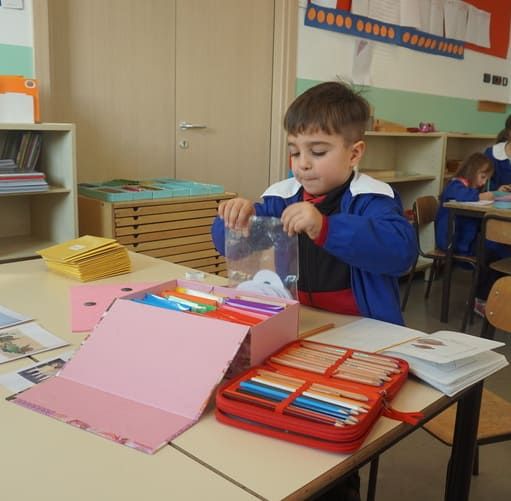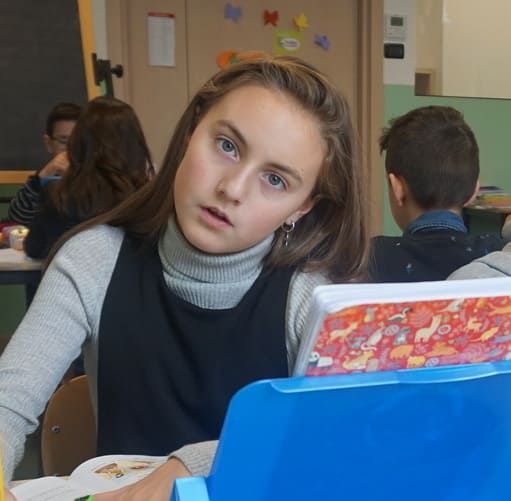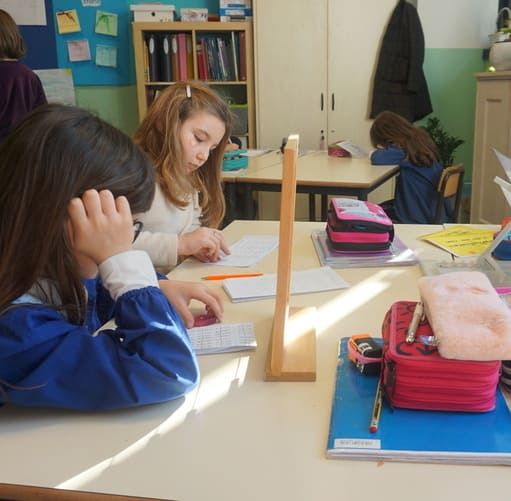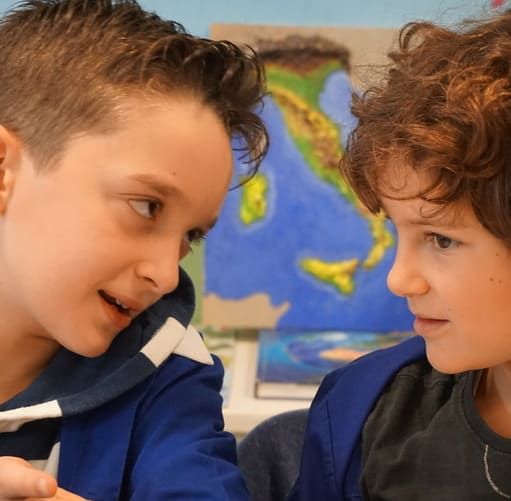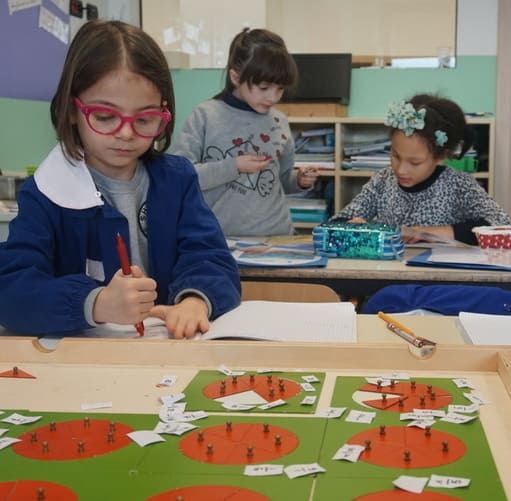Primary School
The Montessori Primary School has its roots in the neuroscientific and psycho-pedagogical study and research of the Patrizio Paoletti Foundation. It is an educational reality that is structured to offer children the opportunity to cultivate their love for learning and fully express their potential.
The methodological, educational and organizational choices adopted are coherent with the objectives of the school, to guarantee each student an educational path able to lead them to the discovery of their own capabilities and talents.
The programs are differentiated and integrated with specific workshops to reach the objectives of the national curriculum, whilst respecting the learning rhythm of each student.
The teacher, as an attentive observer, constantly monitors the learning stages and accompanies each little step of the child with the cooperation of the entire school staff, through the creation of a positive and motivating environment/context.
A daily English lesson is part of the program carried out by a mother tongue English teacher.
What will your child find:
- Bilingual education
- International Education Cambridge Assessment Curriculum
- Montessori Method
- Limited number of students per class
- Differentiated and individual educational program
- Prepared and constantly trained teachers
- Constant communication and collaboration with the family
- Homework assistance
- Extracurricular projects
- Summer Camp
Our offer
-
Services
ORGANIC, LOCAL SCHOOL MEAL
Cafeteria
The AIS cafeteria is a real and true school project with various age-dependent, educational objectives. Taking care of the environment and the meal quality is certainly part of this project; for this reason the school has carefully studied the local organizations so that the meals served are mainly composed of ingredients that are organic and local. The proposed menu is authorized by the local authorities and is constantly reviewed to make all the improvements possible so that lunchtime is an all-out positive experience for the students.
NO SATURDAY SCHOOL
NO SATURDAY SCHOOL
HoursLesson time is from 8:15 to 13:15
It is also possible to enroll the children in afternoon lessons, which take place from 14:15 to 15:45.
The afternoons are organized as follows:
MondayHomework or ReligionTuesdayEnglishWednesdayHomework or ReligionThursdayEnglishFridayHomework or Religion -
Activity
ENGLISH LANGUAGE PROJECT
ENGLISH LANGUAGE PROJECT
The main purpose of this project is to offer children the opportunity to acquire and develop a linguistic patrimony. For this reason the teaching of the English language is intensified to 5 curricular hours a week, with the possibility to participate in optional afternoon workshops for another 3 hours a week.
Learning English in primary school is an essential element of the integral formation of children’s personality, because it familiarizes them with cultures different to their own, fostering acceptance and understanding. The primary school and lower secondary school of AIS is part of the Cambridge International Education network and is one of the first schools in Italy to offer the Cambridge curriculum for Primary and Lower Secondary Schools to its students. The network boasts of more than 1,300 schools in more than 110 countries. The young people of our school, from 6-14 years of age can benefit from the Cambridge program, recognized as a synonym of excellence worldwide. Cambridge International is a further opportunity for AIS to prepare its students for life, helping them to develop curiosity, love for learning, their potentials and to prepare themselves to shape a better world. AIS offers learning courses to its students that are completely in English and with the support of the International Cambridge Assessment. The students registered at the school therefore have the opportunity to also learn through educational material offered by Cambridge and to be evaluated with the Cambridge Assessment method, facing and passing as much as two Checkpoints.PHONOLOGY AND READING ACTIVITY EXPRESSIVENESS
PHONOLOGY AND READING ACTIVITY EXPRESSIVENESS
Metaphonology
Phonological awareness assumes a great importance in learning written language. In order to learn to read and write one first needs to know how to reflect on spoken language, paying attention to its form, its spoken aspect, and knowing how to manipulate its parts independently from its meaning.
This means being aware of the phonological structure of the language and being able to identify the phonological components (syllables-phonemes). Morais distinguishes phonological awareness in global and analytical. Global phonological awareness is present in children in preschool age, starting from four years old, and develops independently from learning written language; instead, the analytical one is indicative of having been exposed to alphabetic code and is thus part of the process of learning written language.Purpose
Metaphonological competence, or in other words, the ability to recognize the phonemes that make up the words of spoken language and to carry out transformations with the same, has been recognized for some time now as one of the necessary requirements for an aware learning of the written language. The children of today live in a literate world, with which they become familiar long before they enter into mandatory schooling; you only have to consider signs, television and magazines to deduct that writing appears as a cultural object with specific properties.
For these reasons we have introduced the phonological project in preschool and primary school and through recreational, motor, verbal or written activities we accompany the children who are learning the basics of reading and writing to master the connection between sounds and graphic signs.
MENTAL CALCULATION PROJECT
MENTAL CALCULATION PROJECT
Purpose
The purpose of the project is for students to acquire multiple strategies to execute mental calculations, strategies that are not taught in a direct way, but by way of suggestion. The ability of mental calculation in fact is the basis of many other abilities of the ‘mathematical-logical mind’ and is often neglected in Italian schools in favor of written calculation. The idea is to give space to different strategies experienced by each student and share the most effective ones so that everyone can find those most appropriate to their own style of learning.
Objectives
- Develop the potentials of numerical intelligence.
- Discover and analyze different ways of mental calculation.
- Encounter different strategies used for mental calculation.
- Use the characteristics and properties of operations with the aim of facilitating mental calculation and its automatization.
- Start with fast calculation, memorizing additions, subtractions, multiplications and divisions.
WELCOME PROJECT
WELCOME PROJECT
The passage from preschool to primary school as well as the passage towards different levels of school, represents an extremely delicate moment for the child mixed with expectations, anxieties and questions. The proposal for a vertical continuity project assumes that children will continue their school career in pre-school and primary school, where they will continue, broaden and deepen skills, abilities and knowledge that they began to acquire in preschool.
The idea is therefore to positively promote the passage of the students from one school level to another, with the awareness that continuity is a way to understand school as a service that is precisely that – “continuous”- in which each student can find the environment and the conditions that are most favorable to realize a complete educational training.“RESPECT AS A RIGHT AND DUTY” PROJECT
“RESPECT AS A RIGHT AND DUTY” PROJECT
Education to Global Citizenship
Premise
Respect as a basic and self-founding concept must be simultaneously a right and a duty of all, to be achieved with the aim of an increasingly conscious education in citizenship. Respect is therefore a symbol of civilisation, cooperation and first and foremost a form of lifelong education.
Purpose
- Foster the knowledge of oneself as part of an ever wider context (family, school, region, nation, world, universe), to allow for an exchange of personal and global growth.
- Foster the development and consciousness of respectful and responsible behavior.
- Acquire rules and norms of communal life towards a democratic decisional process.
- Spread a culture of legality, also in the school environment.
- Promote aware and paradigmatic behavior.
- Develop the education of global citizenship.
- Development of key citizenship competencies.
- Health education.
- Development of civil and social competencies.
STUDY METHOD
STUDY METHOD
The main objective of the disciplinary areas is the acquisition of a personalized study method, keeping the abilities and cognitive styles of each student in mind so as to lay the bases of intentional learning. Studying is a complex and articulated activity with different aspects:
- cognitive: attention, comprehension, memory
- meta-cognitive: knowledge and control of processes and strategies
- motivational-emotional: conception of self and self-esteem, ideas related to ability and intelligence
The ultimate purpose of learning a study method is to acquire competencies thanks to which students can regulate themselves, and autonomously decide on objectives, organizational methods and suitable study strategies. The passage to complete autonomy is through a significant experience, which is already prepared at primary school.
-
Teachers
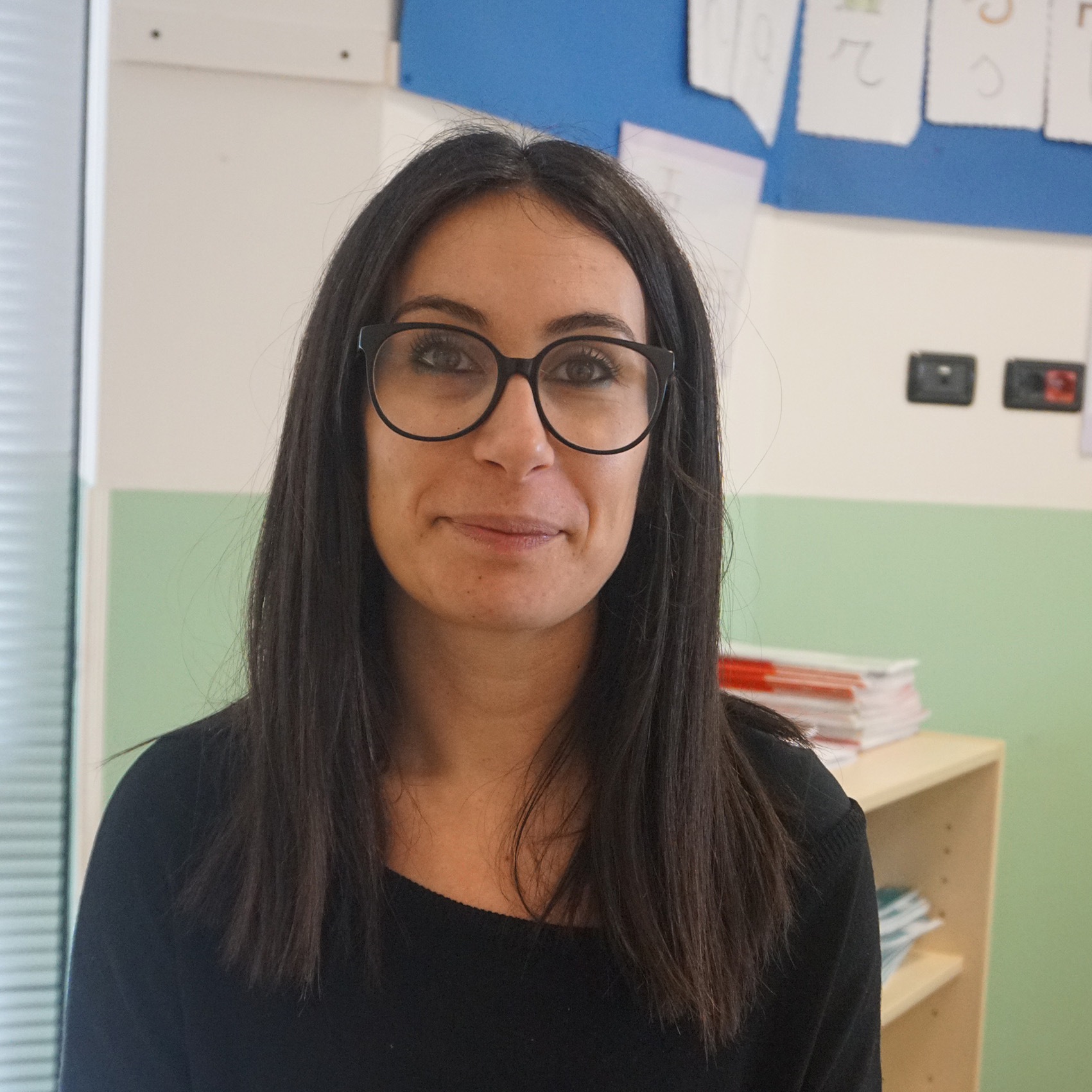
Camilla Brunelli
Teacher
Camilla Brunelli
Teacher
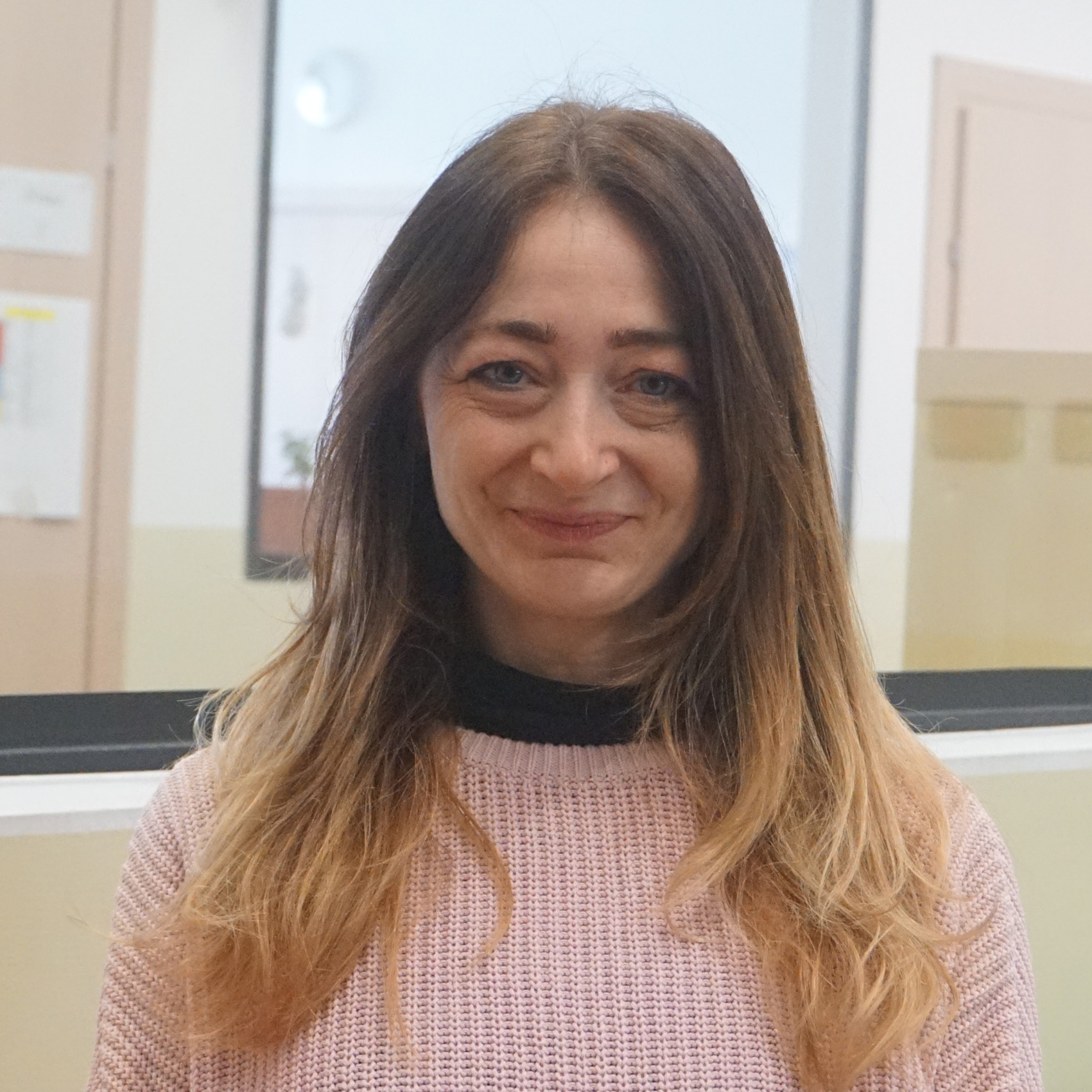
Azzurra Corsi
Physical Education teacher
Azzurra Corsi
Physical Education teacher
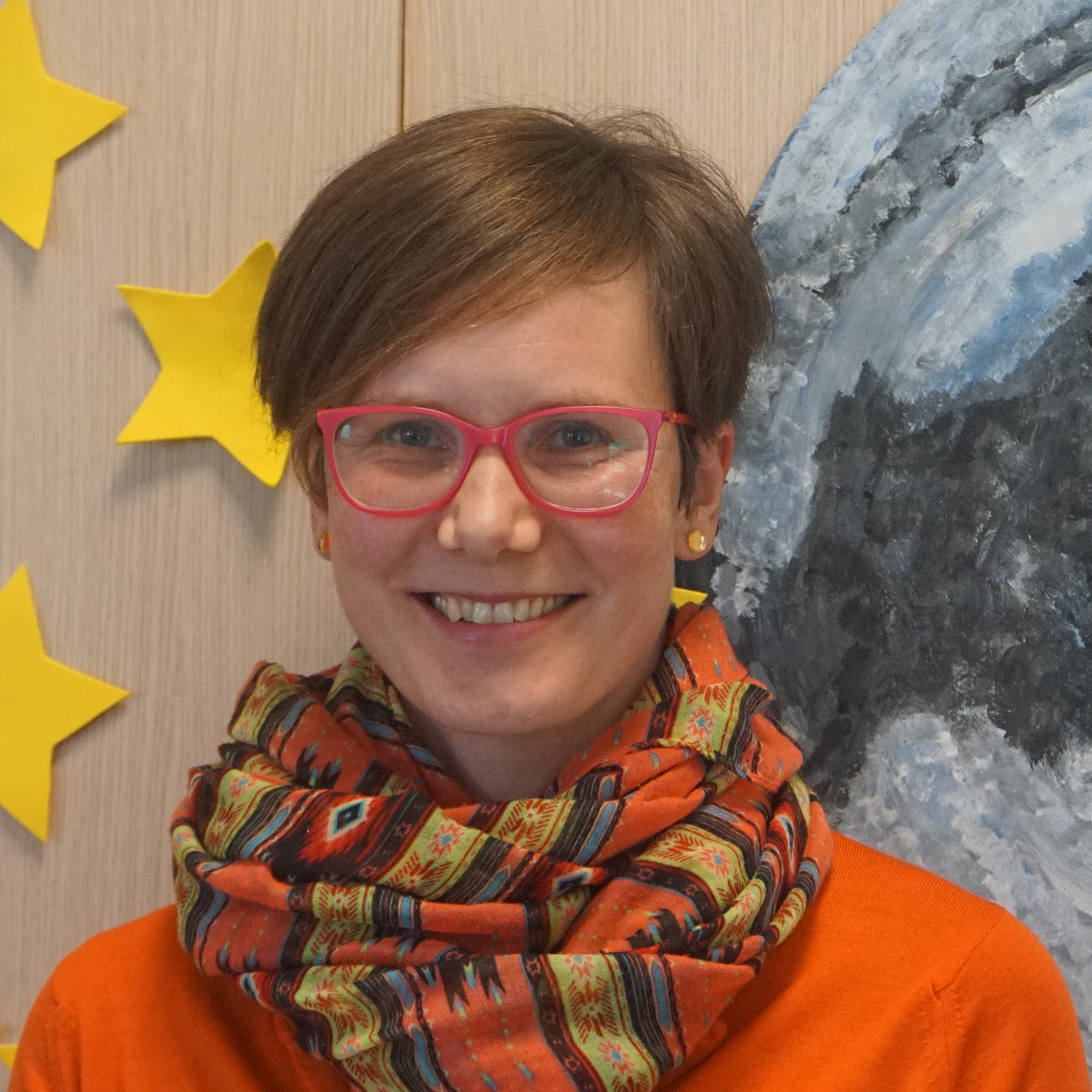
Kristina Maki
English teacher
Kristina Maki
English teacher
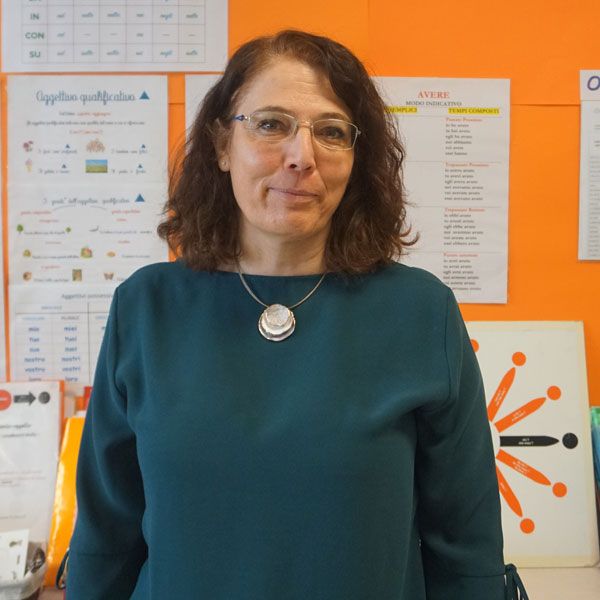
Giuseppina Pollastri
Teacher
Giuseppina Pollastri
Teacher
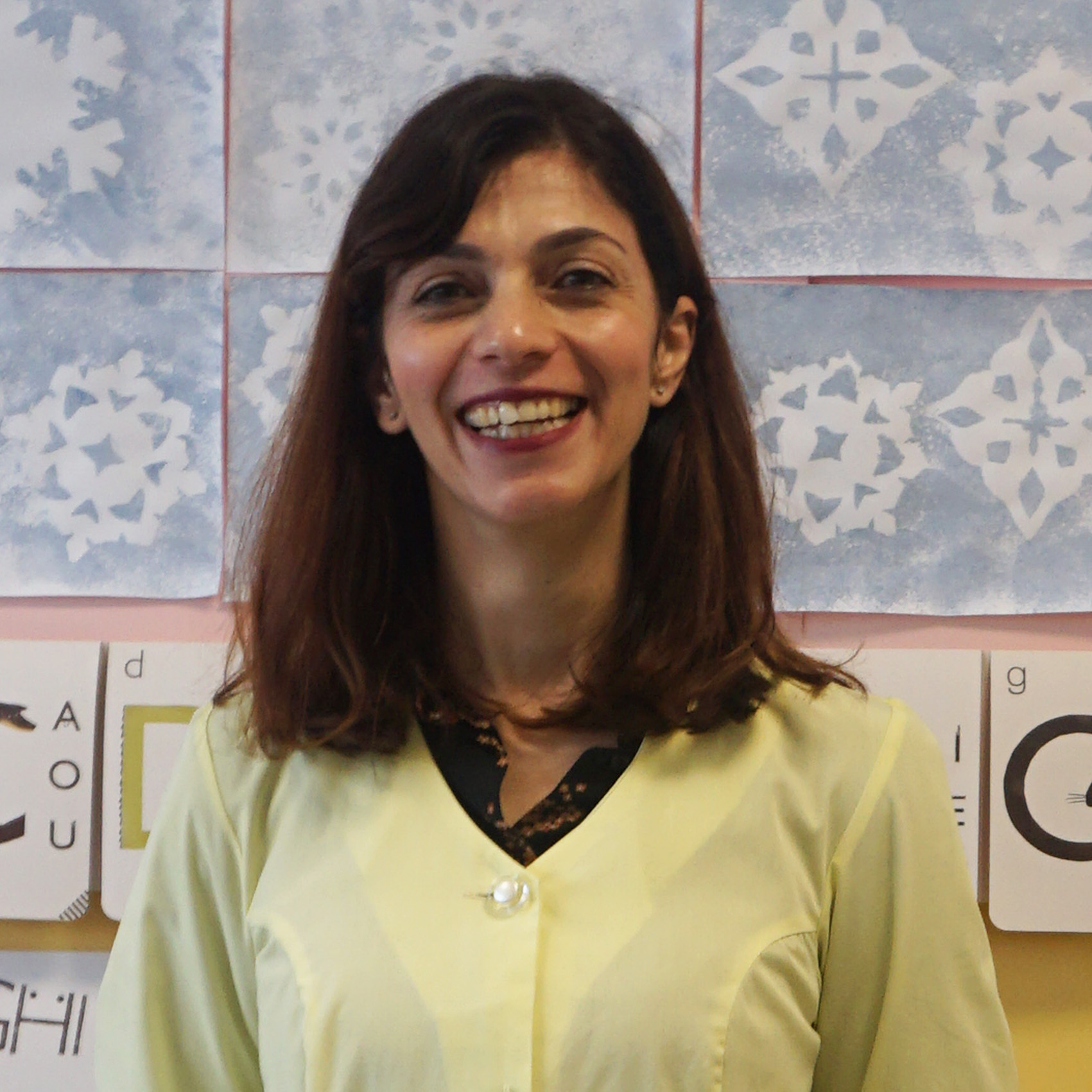
Elena Puja
Teacher
Elena Puja
Teacher
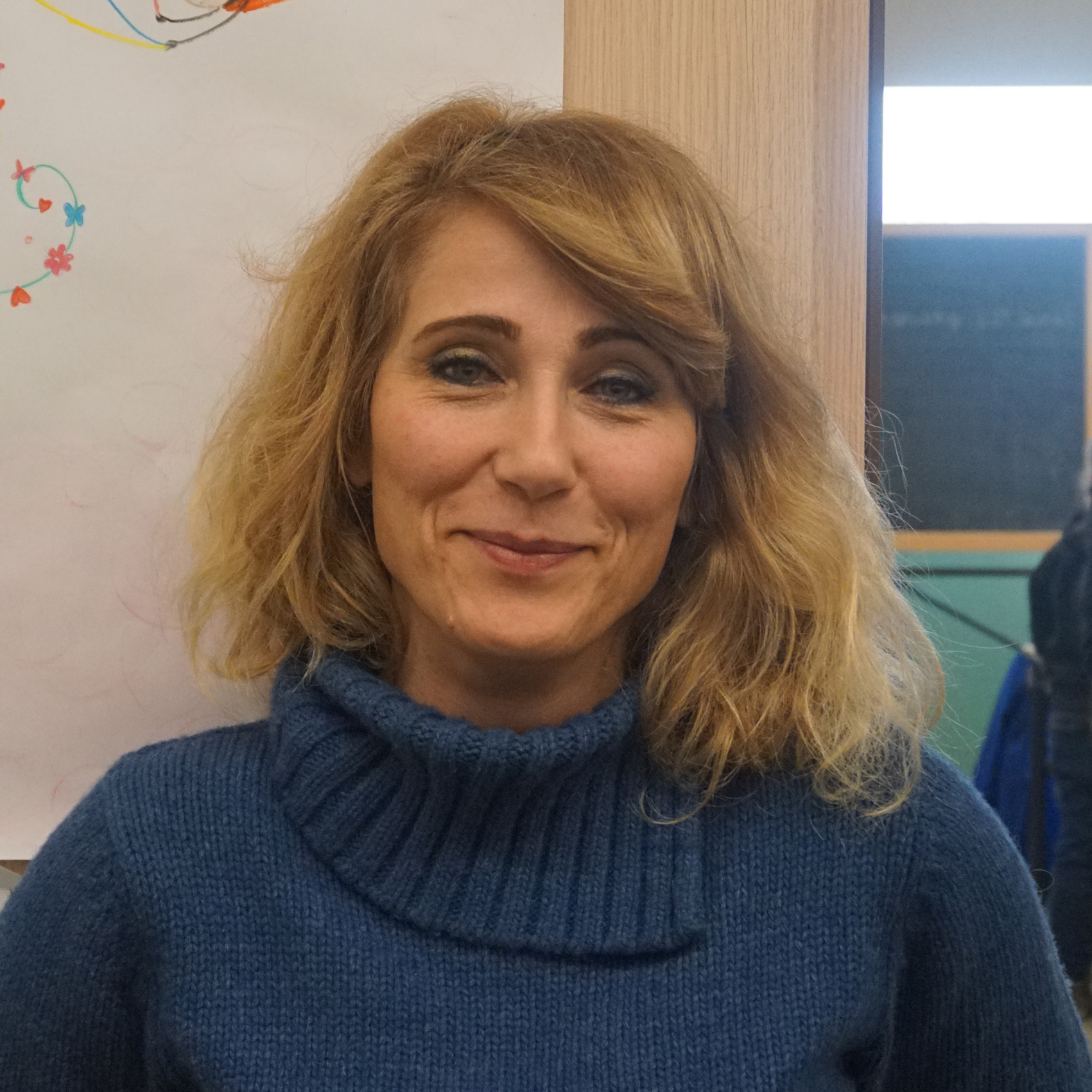
Elisabetta Sollevanti
Teacher
Elisabetta Sollevanti
Teacher


AIS Assisi International School
Via Cristoforo Cecci 2C,
06081 Santa Maria degli Angeli - Assisi (PG)
Tel: +39 075 9471123 e +39 371 1337341
E-mail: ais@fondazionepatriziopaoletti.org
Go to the Patrizio Paoletti Foundation website
Contact us for information and enrollment


